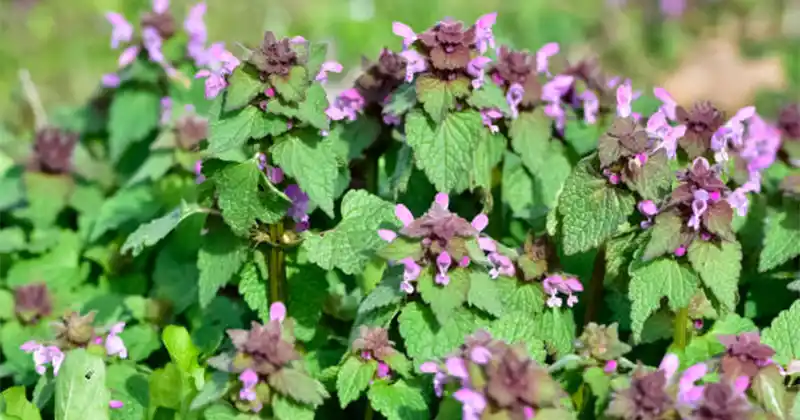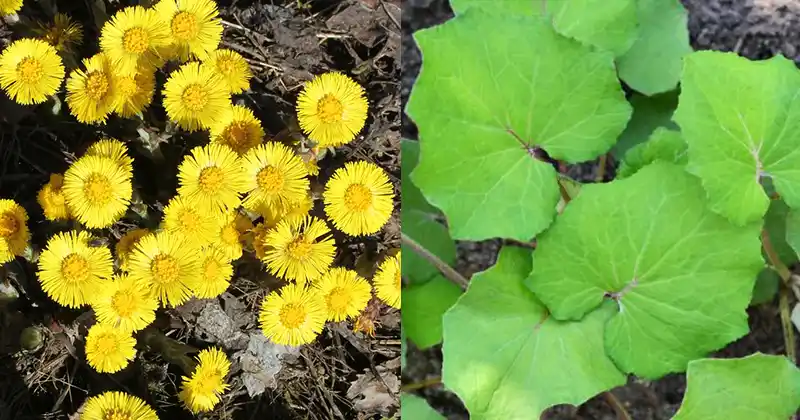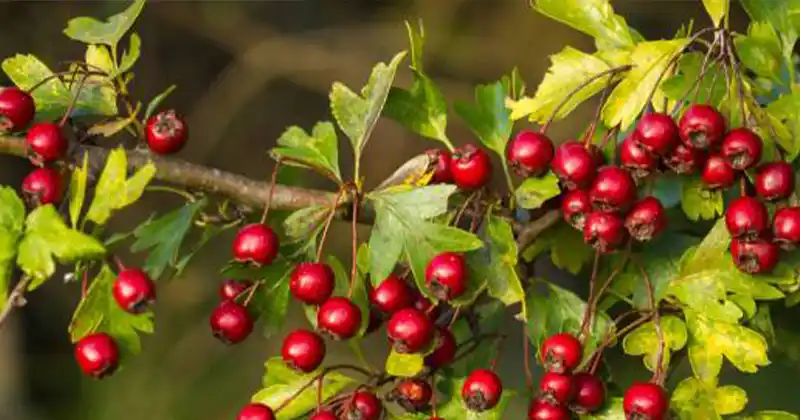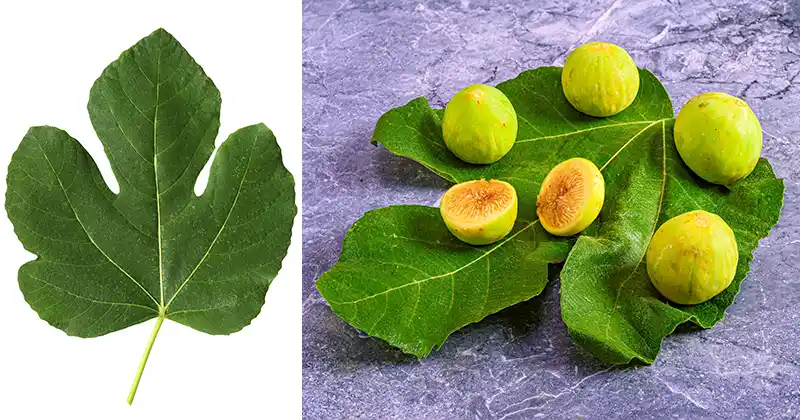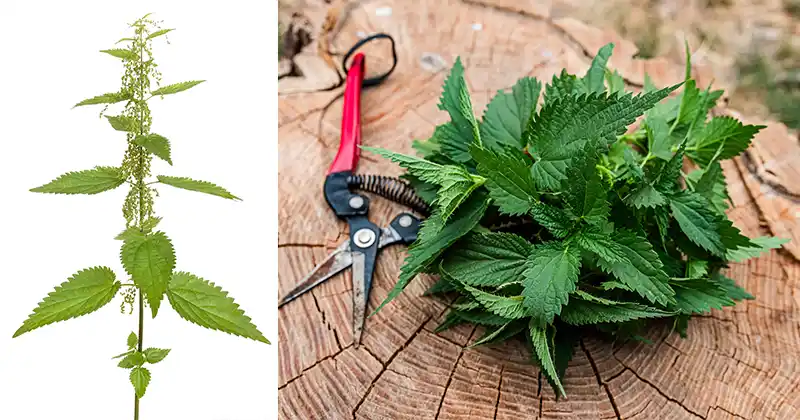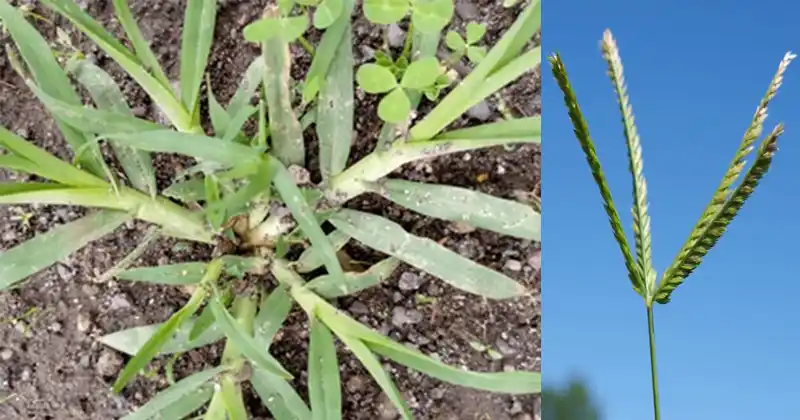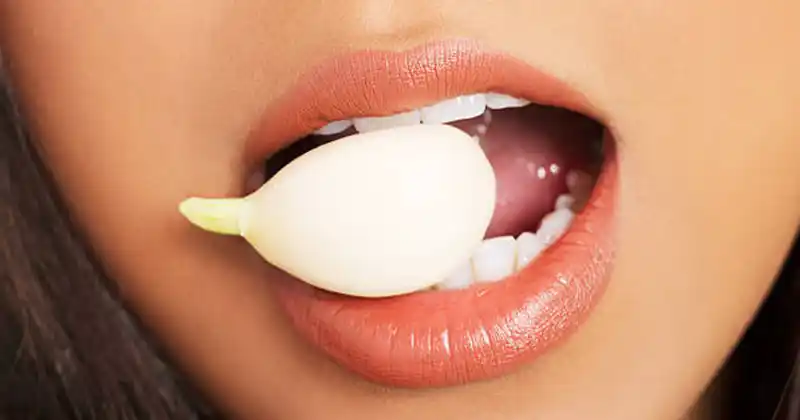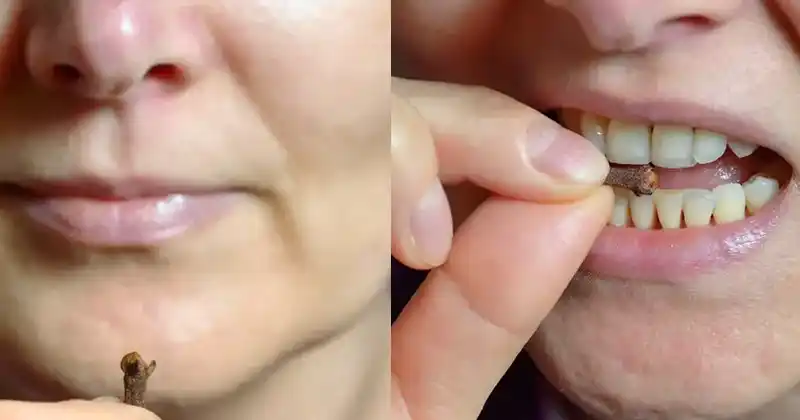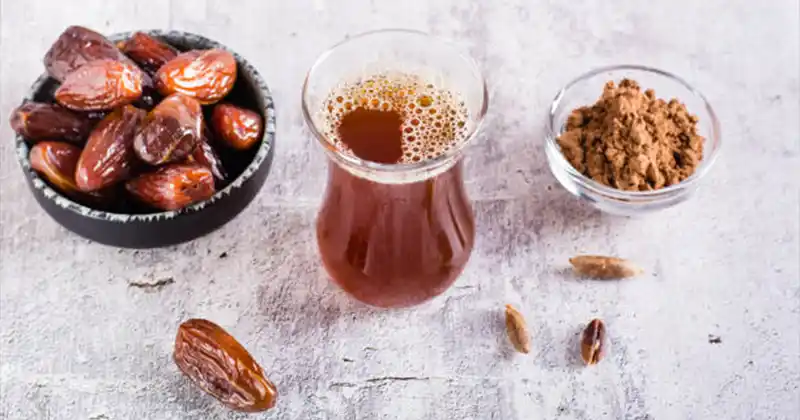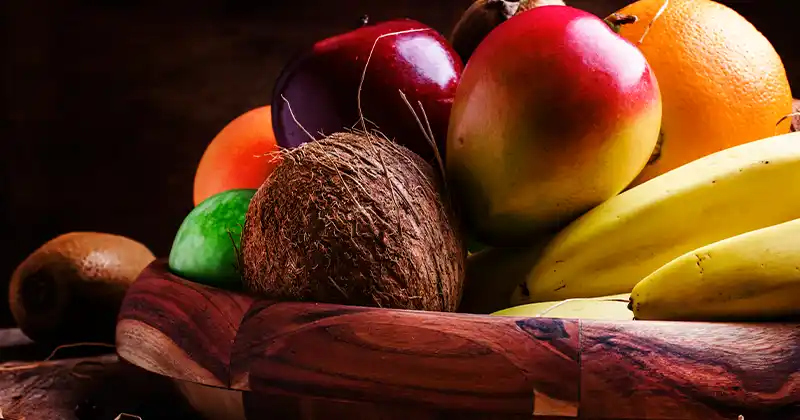Don’t Throw Away Corn Cobs: Discover Their Hidden Health Benefits and Two Amazing Recipes
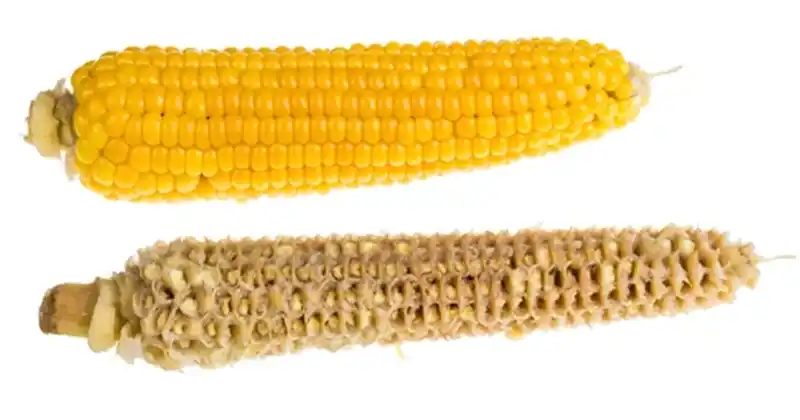
Most people enjoy sweet, juicy corn and then discard the cob without a second thought. But what if we told you that corn cobs—the part most often tossed out—are actually full of hidden value? These unassuming leftovers are packed with fiber and nutrients, and they can be transformed into beneficial drinks, soothing soups, and even natural home aids. In this article, you’ll discover how corn cobs can support your health, how to prepare corn cob tea and corn cob soup, and why they deserve a second look before heading to the trash bin.
Why Corn Cobs Are More Useful Than You Think
Corn cobs may look like agricultural waste, but they’re actually loaded with dietary fiber, trace minerals, and plant-based compounds that can support your body in surprising ways. Whether you’re sipping on cob tea or simmering a cob-based broth, you’re not just reducing waste—you’re also enhancing your wellness.
🌽 Top Benefits of Corn Cobs
1. Digestive Support
Corn cobs are rich in insoluble fiber, which promotes healthy bowel movements and helps combat constipation.
2. Natural Detox Aid
Compounds in corn cobs may have diuretic and anti-inflammatory properties, supporting kidney function and reducing bloating.
3. Gentle Stomach Care
Corn cob tea can help soothe the digestive system, especially during summer months when cold foods tend to weaken the stomach.
4. Oral Health Boost
Rinsing your mouth with corn cob-infused water may help reduce gum inflammation and bacterial buildup due to the plant’s mild antibacterial action.
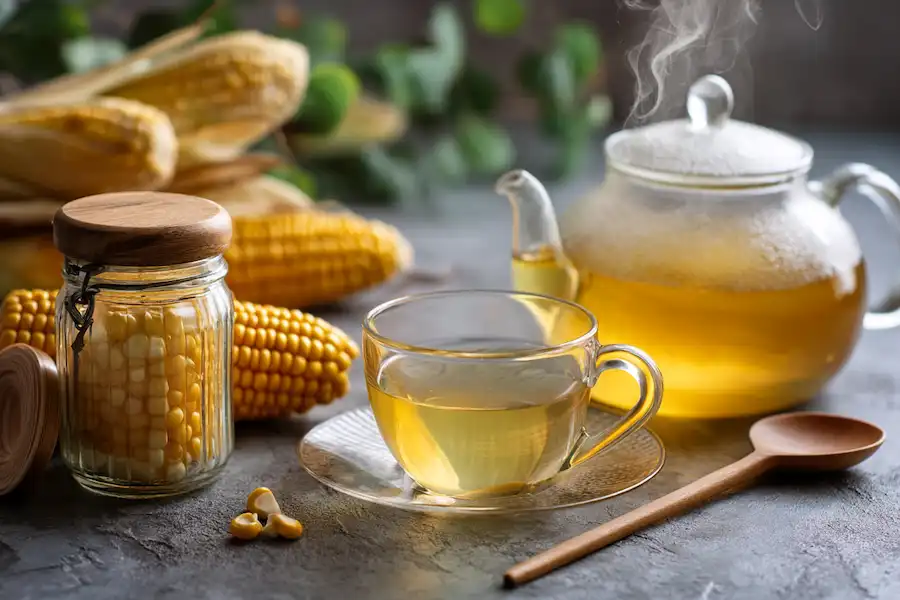
5. Hydration & Heat Relief
Cold corn cob tea is both refreshing and hydrating, making it a natural remedy for relieving heat stress in hot weather.
6. Respiratory & Antioxidant Benefits
The natural compounds released during boiling have been traditionally used to ease breathing and support immune health.
🍵 Recipe #1: Corn Cob Tea
A sweet, soothing drink that’s easy to make and incredibly refreshing.
Ingredients:
- 2–3 corn cobs (kernels removed)
- 1.5 to 2 liters of water
- Optional: honey or natural sweeteners
Instructions:
- Clean the cobs: Rinse them thoroughly under running water to remove any dirt.
- Chop: Cut the cobs into small pieces for better extraction.
- Boil: Place the chopped cobs in a large pot and cover with water.
- Simmer: Bring to a boil, then reduce heat and simmer for about 30 minutes.
- Cool & Strain: Let the tea cool, then strain out the cobs. The liquid will be a light yellow, with a delicate corn aroma.
- Serve: Enjoy warm or chilled. Add a touch of honey if you prefer a sweeter flavor.
Tip: In summer, refrigerate the tea for 1 hour after boiling. It’s a perfect drink to beat the heat and soothe the stomach.
🍲 Recipe #2: Corn Cob Soup
A comforting, aromatic soup rich in natural sweetness and nutrients.
Ingredients:
- 3 corn cobs (kernels removed and saved)
- Corn kernels (from the 3 cobs)
- 1 small piece of ginger (sliced)
- 2 liters of water
- 4–5 shiitake mushrooms (soaked and sliced)
- 2 eggs
- 1 tablespoon cornstarch
- Salt and pepper to taste
- Chopped green onions
Instructions:
- Prepare the base: Place the corn cobs and ginger slices into a large pot. Add the water and bring to a boil. Simmer for 10 minutes to draw out the nutrients and flavor.
- Add mushrooms: Stir in the sliced shiitake mushrooms and continue to cook.
- Add corn kernels: Once the broth is fragrant, add the reserved corn kernels and cook until they soften.
- Create egg ribbons: Beat the eggs in a bowl. While stirring the soup, slowly pour in the egg to create silky ribbons.
- Thicken the soup: Mix cornstarch with a little water and pour it into the pot, stirring until the soup thickens.
- Season: Add salt and pepper to taste. Sprinkle chopped green onions just before turning off the heat.
- Serve hot: The soup will be golden and slightly sweet with a deep corn flavor.
Bonus: This soup is light, nutritious, and easy to digest—perfect for children, seniors, or anyone recovering from illness.
🏠 Bonus Use: Fresh Air in Your Home
Corn cobs are surprisingly effective at absorbing household pollutants, including formaldehyde, a chemical commonly found in new furniture, paint, or construction materials.
How to Use:
- Let corn cobs air dry completely.
- Place them in bowls around your home, especially in newly renovated rooms.
- Leave for 1–2 weeks to help reduce odors and indoor toxins.

Most people see corn cobs as waste—but in reality, they are a natural treasure full of benefits for the body and home. Whether you’re brewing a gut-friendly tea, cooking a nutrient-rich soup, or using them to freshen the air, corn cobs prove that nature leaves nothing useless.
⚠️ Disclaimer
While corn cob tea and soup are generally safe, individuals with corn allergies or sensitive digestion should consult a healthcare provider before use. Always ensure the cobs are clean and free of pesticides if sourced from non-organic corn.
